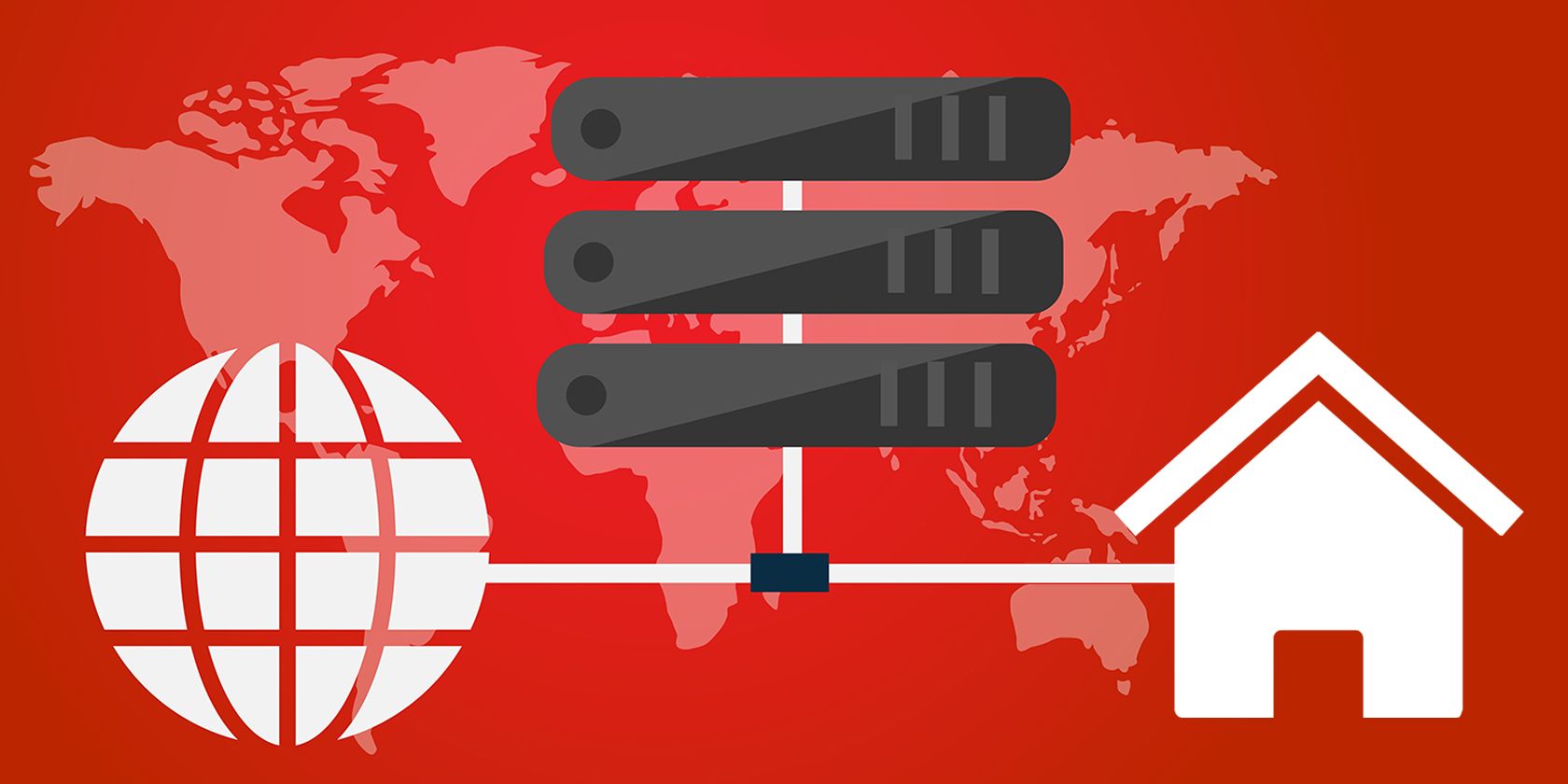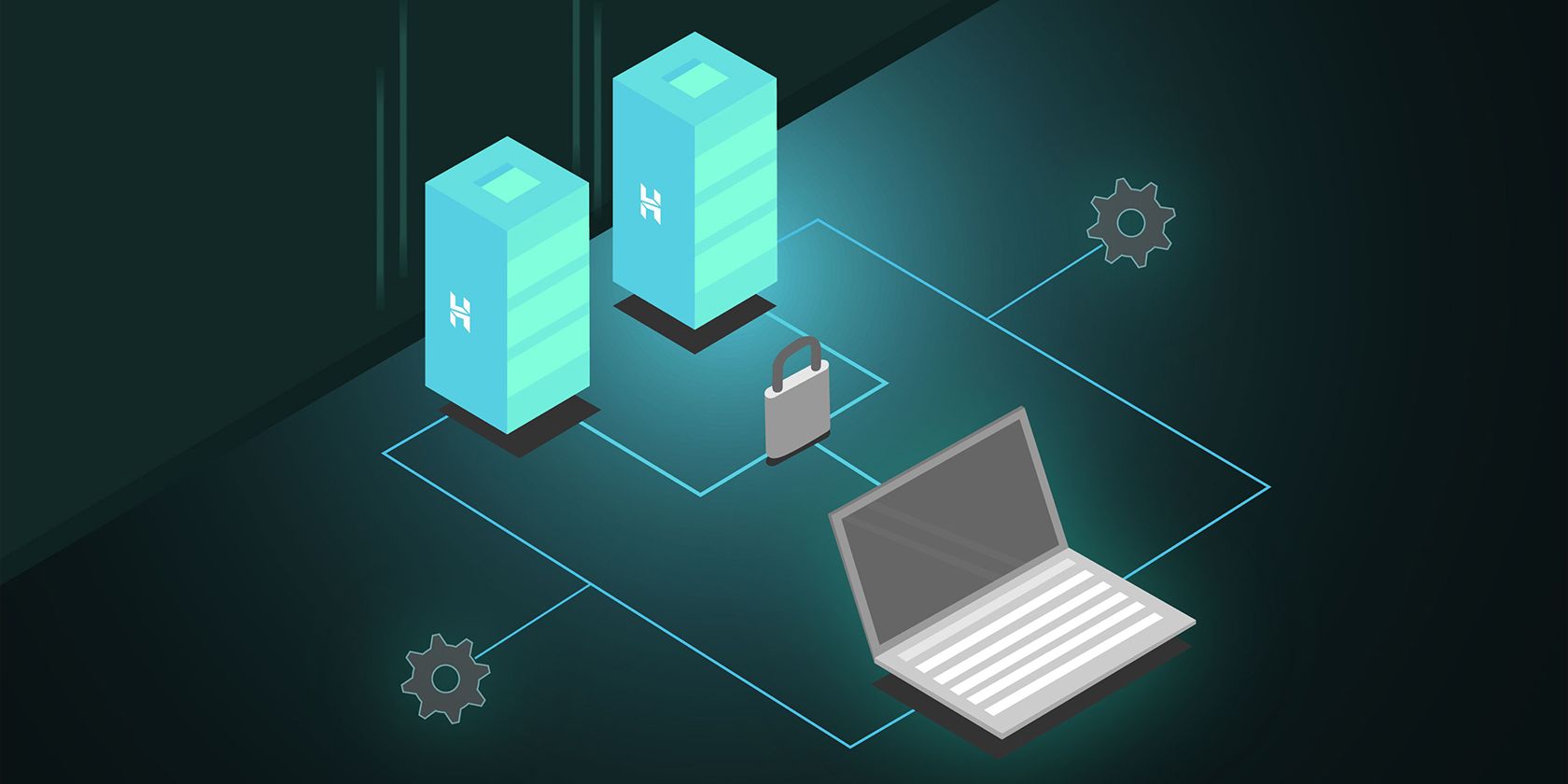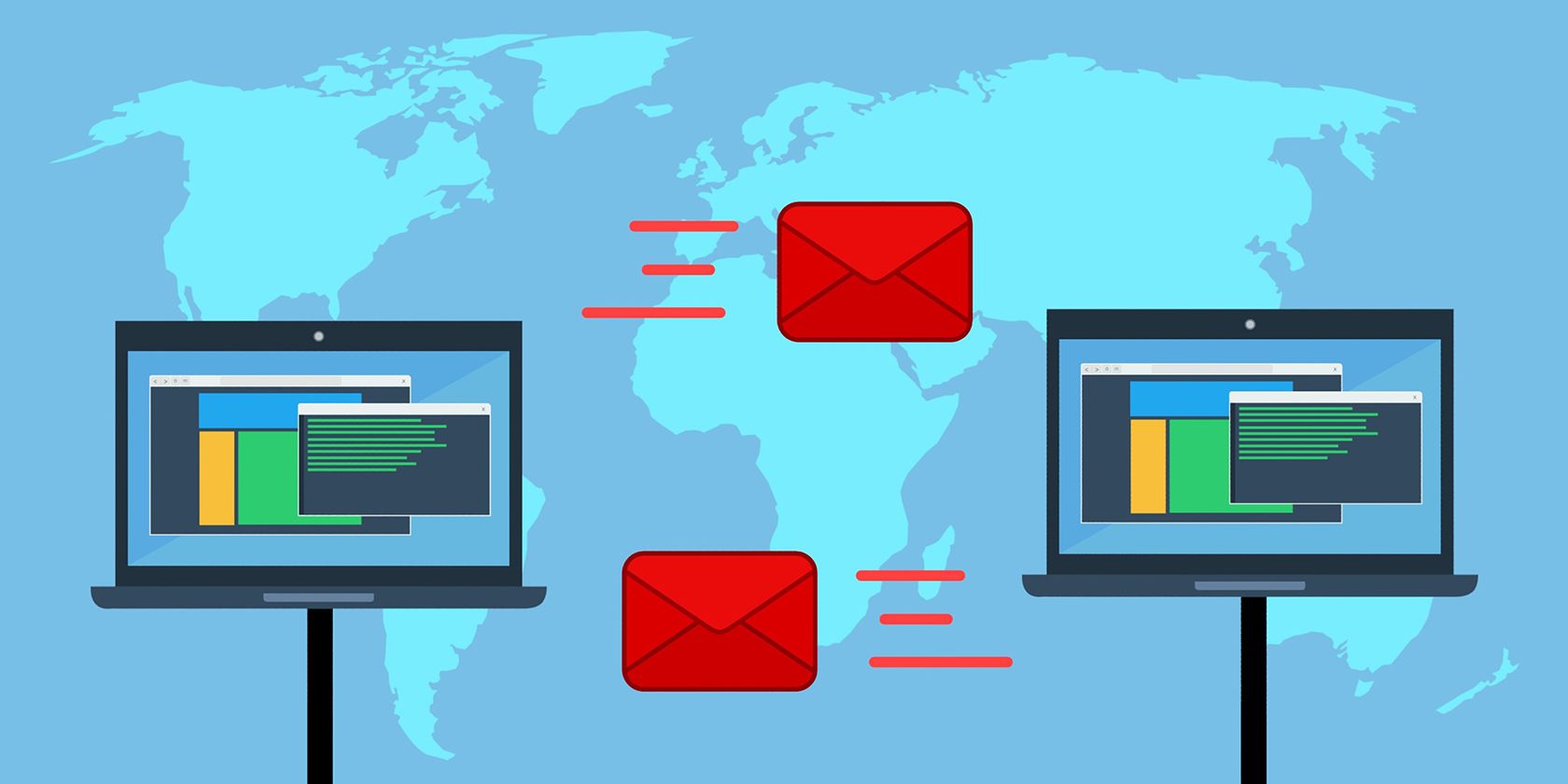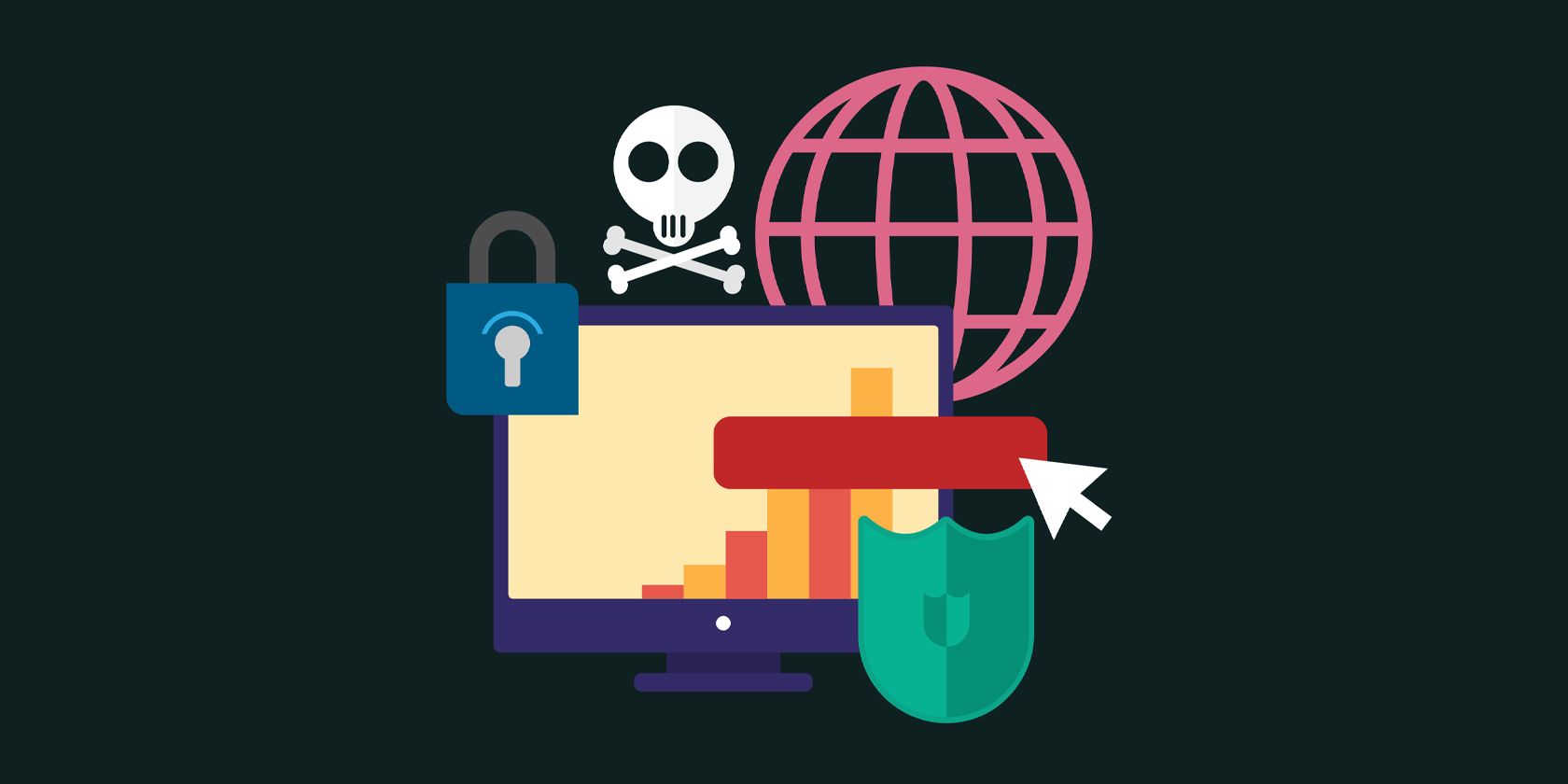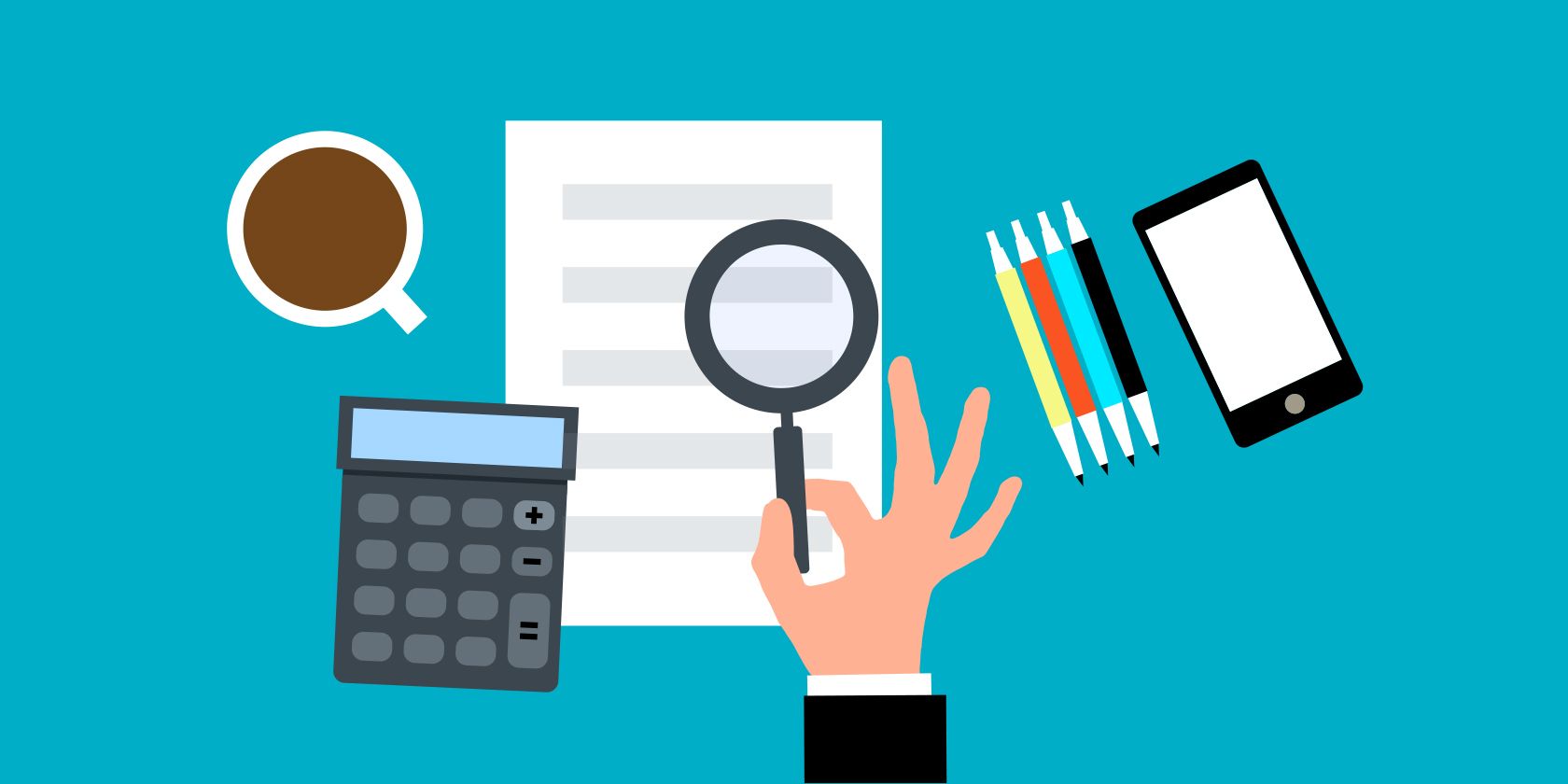While VPNs are all the rage these days for accessing geo-blocked content, its forefather, the proxy server, still lives on today.
Whether you want to hide or change the location you’re accessing a webpage from, need to scrape data from the internet, or manage multiple social media accounts, proxies can help you get these things done efficiently.
However, many websites are already familiar with this practice and thus, have blocked several proxy servers. This is where the residential proxy comes in. So, let’s take a look at what residential proxy servers are and how they work.
Data Center vs. Residential Proxy Servers
While data center proxy servers offer fast and reliable service, many people, services, and institutions also use them. However, some companies that don’t like being scraped for data have blocked access to several data center proxies.
They can do this by looking at the IP addresses accessing their network. They’ll note addresses that are obviously scraping data by visiting many pages inhumanly fast and then block it, plus its entire subnetwork.
Furthermore, most data center proxies are artificial—meaning they don’t belong to a specific device, address, or ISP. This is obvious to almost all major companies, so they can easily block access from these artificial addresses.
For example, Amazon doesn’t want its data scraped, so it’s already blocked the entire subnetwork of many proxy servers. Assuming you can find a data center proxy server that still has access to Amazon, if you scrape the eCommerce platform, you’ll soon find the service you’re using blocked.
The advantage of a residential proxy server is that it uses residential IP addresses that most companies don’t block. After all, if they block large swathes of residential users, they’ll get complaints from ISPs that their customers can’t access essential websites like Amazon.
How Residential Proxies Work
Aside from using a real IP address tied to a physical computer or home address, residential proxy networks also make it harder to detect because they can utilize hundreds, if not thousands, of unique IP addresses. As a result, whenever you make a connection request to your target site, it will come from a different computer in a distant location.
So, if you’re scraping data on Amazon, each access request to their servers will come from different computers globally. This way, you can gather the information you need efficiently without getting blocked or running into issues such as false information.
Residential Proxy Uses
While using a residential proxy sometimes sounds shifty, especially since Amazon blocks it, here are some legitimate reasons for its use.
Ad Verification
Companies spend millions on digital advertising. Since it’s harder to track online ads, they have to track where their ads are appearing. That way, they ensure that their ads reach their customers and target market.
By using residential proxies, they can safely trawl the internet for their ads and get accurate data on who sees them and where. This also helps companies ensure their reputation by watching out where their ads appear and taking down ads that appear on pages that aren’t suitable to the company’s image.
Brand Protection
While big brands like Nike and Adidas can work directly with big tech companies, this isn’t the case for smaller names. Some of them prefer to use third-party services to scrape the internet for products that infringe on their copyright.
That way, if a third-party seller puts up fake items similar to what they’re selling, they can immediately catch it and inform that marketplace to take down infringing products.
Social Media Management
Suppose you’re a professional social media manager working with clients globally. In that case, you might encounter some difficulties if you’re working with two or more clients from disparate places, like Australia, the UK, and the US.
That’s because social media platforms like Facebook, Twitter, and Pinterest are wary of different social accounts that run off the same IP address. Doing so can lead to additional security measures, extra verification steps, or even an outright temporary or permanent ban.
Using a fixed residential proxy server fixes your access location to where your client is and avoids geo-blocking. With this, you can avoid possible issues with the social media platform you’re using.
Web Scraping
Many companies use this service for market research. By gathering information using web scraping, you can find demographic information on your target market, allowing you to reach your customers more effectively.
You can even use this to find public information on your competitors’ actions. In the end, this helps the consumer because it fuels competition—allowing companies to offer better products at attractive prices.
Can You Share Your Home Network and Earn?
While it may seem that using residential proxy networks is mainly in the purview of institutions and professionals, the typical home internet user can share their excess bandwidth with residential proxy providers.
Some companies that let you lease your connection to them include Honeygain, PacketStream, and IPRoyal. You can do this by creating an account with them and then downloading an app that will allow their server to connect to your computer.
When they do this, they use your computer or smartphone to route traffic through your IP address. Their apps use little to no computing power, and you can usually limit the amount of data they use in a month.
Currently, Honeygain pays $3 per 10GB of data they use, while IPRoyal offers $2, and PacketStream pays $1 respectively for 10GB of data. These are not large sums of money, and you shouldn’t sign up for another internet service just for this service.
However, they’re perfect for sharing data you don’t use to get a little extra at the end of the month. Furthermore, you can use all three services concurrently, maximizing your passive earning potential.
Use a Residential Proxy to Counter Online Limitations
Residential proxy servers have several legal, ethical, and legitimate uses. And while most users won’t probably need one, you can at least share your connection to companies, institutions, and professionals that need to circumvent some online limitations. And if you do so, you might even get a small reward now and then.

